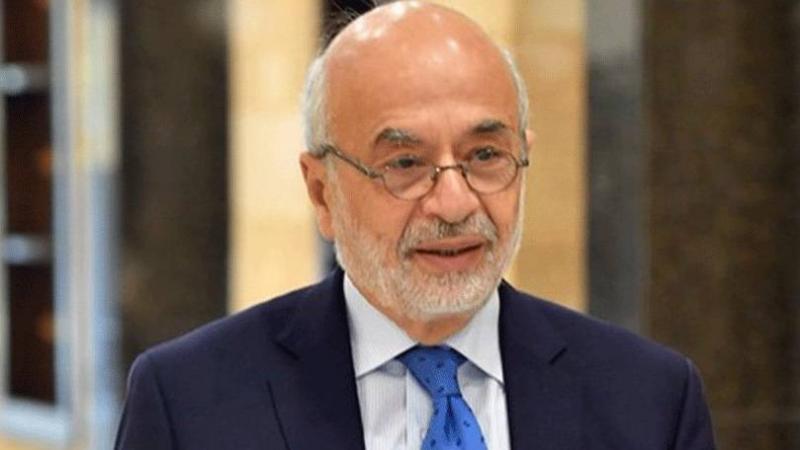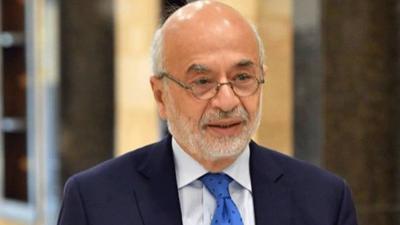Surprising results emerged from the Shouf-Aley district. After years of a "Druze duality," a "change" deputy has broken into the parliamentary scene in the mountain region. This change will undoubtedly affect the political performance in the area and will push political parties and forces to evaluate the reality along with public sentiment and what may await us in the upcoming years. Will this change lead to cooperation between the new faces and political forces?
Deputy Akram Shehayeb stated in an interview with MTV that "there will definitely be cooperation with the forces of change, especially in the region," confirming: "I have communicated with the four deputies from Aley: Mark Daou, Raji Saad, and Nzeih Mattah. At the very least, we are outside the framework of the resistance system, and we will certainly cooperate."
In analyzing the election results, Shehayeb remarked: "There are two main factors that influenced these elections. First is the youth vote, which far exceeds their current aspirations and the situation the country has faced recently, as they certainly looked for change. Second is the vote of expatriates who migrated due to dire circumstances and voted largely with protest or retaliatory votes because they witnessed the conditions of their families in Lebanon." However, he criticized the theory of "everyone means everyone," considering it "out of place as it may apply to some in certain parties, but does not apply to us, as the people gave us our rights, and we managed to maintain our position and role because of our history and the trust people have in us. The evidence of this is that the forces of change will be compelled to cooperate with the sovereign parties that have reached the parliament and which will form a supportive environment for them."
In this context, he pointed out that "the elections took place under abnormal circumstances in Lebanon. People's priorities, in light of losing bread, electricity, water, and the collapse of the state and its prestige, were those related to living standards and infrastructure. Preparations were also late, especially among some blocs that did not adequately prepare for them in advance."
As for what lies ahead, Shehayeb states, "In any case, these elections are a model for what is to come." He adds: "We need to change the electoral law and the party law, and the voting age should be set at 18. We must change the mentality of Lebanese administration and its reality, stop the black economy, regulate borders, and work on the electricity file. All these matters need to take place so we can face the upcoming stage under better conditions." In his opinion, change cannot occur under the current electoral law. Here, Shehayeb cited Jumblatt's words, asking: "Do you want Hong Kong or Hanoi in Lebanon?"
He answers: "We want Hong Kong. There can be no change or reform without sovereignty and without political, security, and judicial stability, and without removing the controlling hand over the country, specifically the hand of the Iranian project in Lebanon that seeks to take the country to a different place and model. There is no objection to confronting Israel if the Lebanese reality is subjected to aggressions. Confronting it is a right and a duty, but Lebanon should not become a platform or base for the ambitions of other countries like Iran and Syria; we are against that."




